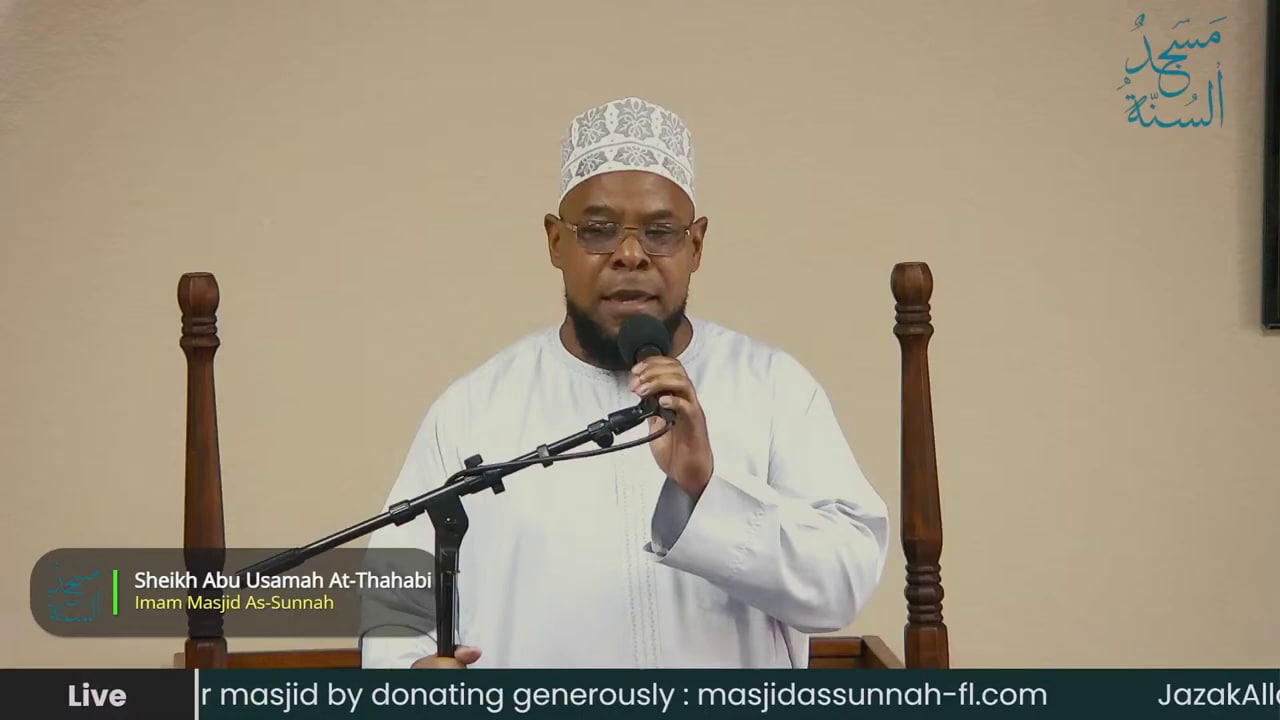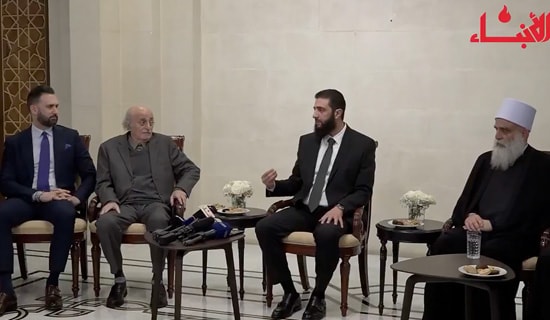
Muhammad Mazeh, the Lebanese judge who recently issued a media ban against U.S. Ambassador Dorothy Shea because of her statements about Hizbullah, said in a June 29, 2020 interview on Al-Alam TV (Iran) that he issued his ban in accordance with the Lebanese Code of Civil Procedure because he believed that Ambassador Shea's statements endangered Lebanon's internal peace, incited Lebanese people against one another, and hurt the feelings of a large segment of the Lebanese population. He said that Ambassador Shea infringed upon people's "moralistic and psychological" rights and "caused them sorrow, pain, and anger." He added: "I respect and revere the right to free expression, [but] can any guest in any media outlet just say anything he wants without being held accountable?" Mazeh recently resigned from his judicial position. For more about Ambassador Shea's statements, see MEMRI TV Clip No. 8099.
Muhammad Mazeh: "I relied upon the law, after watching the American Ambassador's interview on Al-Arabiya's Al-Hadath TV. As I said, the interview endangered [Lebanon's] internal peace, incited groups in the Lebanese people against one another in one way or another, and hurt the feelings of a large part of the Lebanese population. I relied upon the second paragraph of Article 579 in the Code of Civil Procedure, and I found that by hurting the feelings of a segment of the Lebanese people she infringed upon their moral and psychological rights, because she caused them sorrow, pain, and anger. I also relied upon Article 580 in the Code of Civil Procedure, which allows the judge to take temporary emergency measures that are meant to uphold rights and prevent harm. I believe that this article does not prevent the American ambassador from expressing [her views], but [only] prevents the media from interviewing her, because those interviews may harm some Lebanese people, as well as the internal peace in Lebanon. These are the two articles I relied upon in my decision.
[...]
"Regarding the media and the judge's decision... First of all, I respect and revere the right to free expression and [a free] media. But is there an absolute right? I ask the National Media Council and the Ministry of Information: Is there an absolute [right] in media? Can any guest in any media outlet just say anything he wants without being held accountable? No, of course not."














